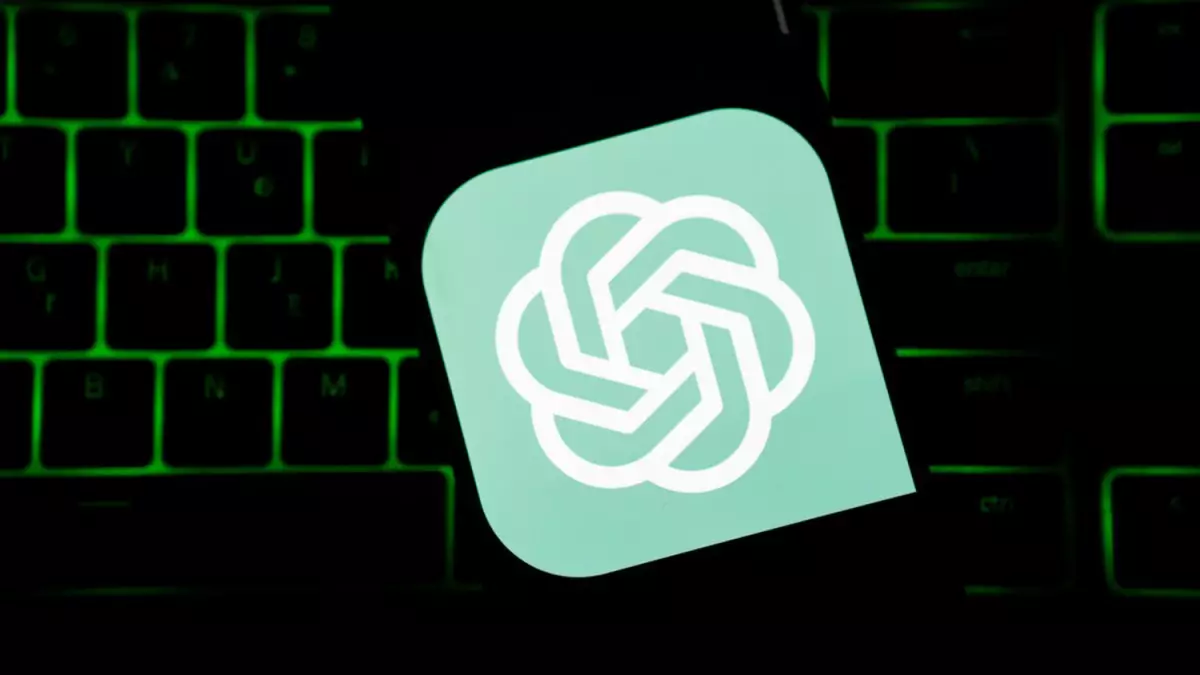On a fateful Thursday, OpenAI’s services, including ChatGPT and Sora, experienced a significant outage that lasted over three hours. Starting at approximately 11 a.m. PT, users immediately faced difficulties accessing these platforms, with full recovery remaining elusive by 3 p.m. PT. This incident prompted a wave of frustration among users, particularly given the recent history of similar outages earlier in the month.
Frequent users of ChatGPT were forced to confront a sense of déjà vu, recalls of an earlier outage just weeks prior. The pattern of instability raised questions about the robustness of OpenAI’s infrastructure. TechCrunch documented its attempts to access the affected services, noting recurrent error messages that highlighted the severity of the disruption. As awareness of the outage spread, users took to social media and forums to express their outrage and seek explanations, highlighting the growing dependency on ChatGPT for various tasks.
OpenAI attempted to clarify the situation through its status page, attributing the outage to issues with an upstream provider. However, the absence of detailed information left users wanting. Transparency is crucial, especially in technology where service interruptions can disrupt workflows and expectations. OpenAI’s brief announcement raised more questions than answers, as users sought specifics on both the nature of the problem and an estimated timeline for resolution.
Partial Recovery and Ongoing Issues
By 2:05 p.m. PT, OpenAI announced that ChatGPT had returned to a state of partial recovery, but users were cautioned about potential difficulties with loading chat histories. This acknowledgement of lingering issues painted a picture of a service still grappling with its reliability. Despite assurances of active work towards a complete fix, the lack of a precise timeline sparked further dissatisfaction among users who rely on these tools for daily tasks.
Implications for OpenAI’s Reputation
The occurrence of two major outages within a single month has set a concerning precedent for OpenAI. While technical hiccups can occur in any online service, the frequency and duration of these interruptions challenge the company’s reputation for reliability. User trust is fundamental, and continual disturbances can lead to a shift in user base towards competing platforms. OpenAI’s partners such as Perplexity and Siri demonstrated resilience during the outage, potentially enticing users looking for consistent performance elsewhere.
As OpenAI works towards stabilizing its services and addressing user concerns, the focus should now shift to enhancing transparency, fostering a proactive communication strategy, and upgrading infrastructural robustness to prevent future disruptions. Building a reliable service is an ongoing journey, and how OpenAI navigates its recovery will shape the future perception of its tools within the fast-evolving landscape of AI technology. The reliance on such platforms demands a commitment to reliability that OpenAI must prioritize moving forward.

